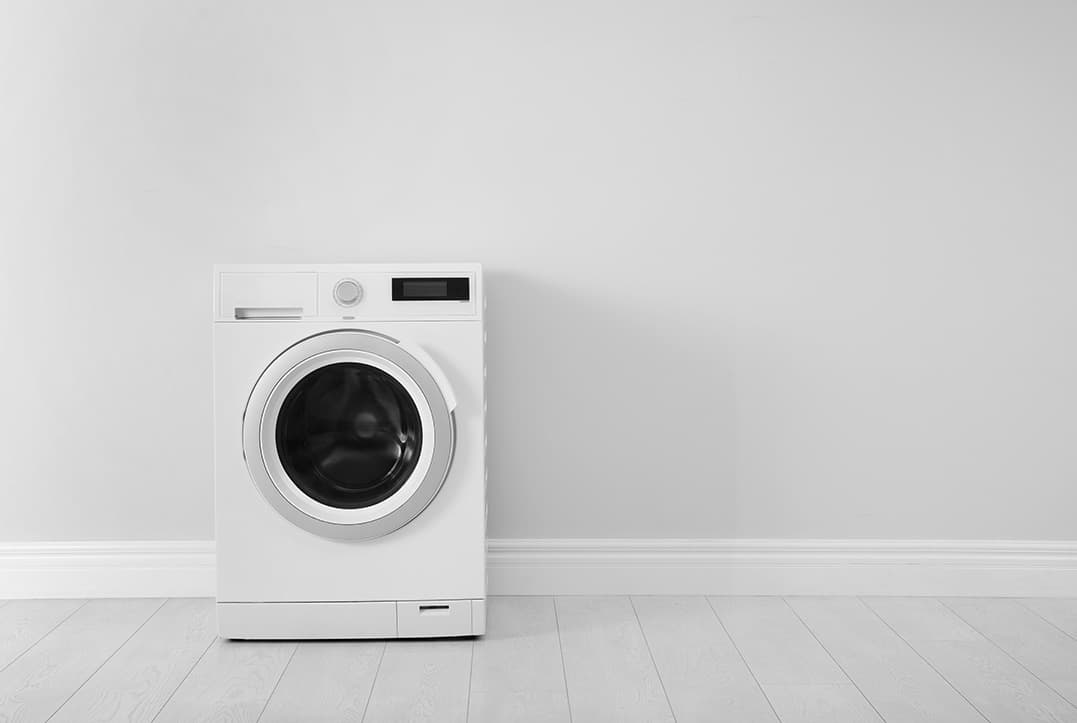Personal Process Automation: Shifting Capacity from Busy to Relevant

Reclaiming Quality Time
The promise of personal process automation often comes with the tantalizing allure of ‘saving time’. However, a nuanced understanding reveals that it doesn’t necessarily save time in the strictest sense; rather, it redirects our personal capacity from trivial tasks (often termed “busy work”) to more relevant and meaningful pursuits. This concept isn’t novel; history offers various examples where technological innovations have reshaped how we allocate our time.

Consider the advent of the washing machine. Before its widespread adoption, laundry was a labor-intensive task, often consuming a significant portion of one’s day. With its introduction, the narrative suggested vast amounts of newfound free time. Yet, instead of pure leisure, societal expectations shifted. With the ease of washing, people began to own more clothes and wash them more frequently. The ‘freed’ time was often reallocated to other tasks or met with increased laundry demands. Similarly, with personal process automation, the true value lies not in the creation of idle hours but in the redirection of human potential.
With personal process automation, the true value lies not in the creation of idle hours but in the redirection of human potential.
‘Busy work’ refers to tasks that are time-consuming and repetitive but not necessarily directly valuable or productive. Examples might include manually sorting emails, filling out forms, or updating spreadsheets. Such tasks, while essential to many operations, do not inherently add value to the end product or service. The key problem with busy work is that it not only consumes time but also cognitive resources. Every minute spent on routine tasks is a minute less to think, innovate, or engage in deep work, which is vital for personal and professional growth.
Every minute spent on routine tasks is a minute less to think, innovate, or engage in deep work.
By automating such mundane tasks, we can ‘reclaim’ our time. But it’s crucial to understand that this isn’t the same as creating more hours in the day. Instead, it’s about enhancing the quality of the time we have. With automation handling routine chores, we are free to allocate our energies toward tasks that truly matter: problem-solving, strategic planning, creative pursuits, and deep learning, to name a few.
No Free Lunch
While the shift from busy work to relevant work is immensely beneficial, it’s not without challenges. For starters, there’s an initial time investment in setting up automation processes. Learning new tools or writing scripts requires a steep learning curve. There’s also the risk of over-automation, where one might lose touch with essential components of their work. Lastly, with automation comes the challenge of keeping up with changing technologies and ensuring that automated processes remain relevant and efficient.
Personal process automation doesn’t magically produce more hours in our day. Instead, it transforms the nature of the hours we spend working.
Work Better
As history and the washing machine example illuminate, personal process automation doesn’t magically produce more hours in our day. Instead, it transforms the nature of the hours we spend working. By minimizing our involvement in repetitive tasks, automation allows us to shift our focus towards endeavors that are genuinely transformative, impactful, and aligned with our goals. In the landscape of modern work, it’s not just about working harder but working better.
